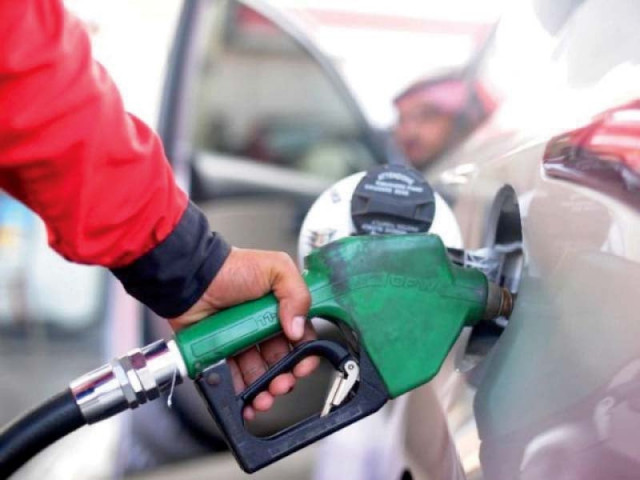Ministry asked to get IMF nod for oil tax
SIFC voices concern over delay in scrapping tax break for petroleum products

The Special Investment Facilitation Council (SIFC) has directed the Ministry of Finance to swiftly secure consent of the International Monetary Fund (IMF) for imposing sales tax on petroleum products as the matter has stalled investments of $6 billion in refinery upgrade projects.
The government had earlier agreed to remove sales tax exemption on petroleum products to support struggling oil refineries and oil marketing companies. It committed to imposing 5% sales tax on petroleum, but did not include it in the Finance Bill 2025, sparking concerns in the oil industry.
The Oil Companies Advisory Council (OCAC) – an industry lobby – had also raised the issue with the federal government for failing to meet the commitment and for continuing the tax exemption.
The oil industry claims it has suffered Rs34 billion in losses during the ongoing financial year, which has prompted the government to allow loss recovery through the inland freight equalisation margin.
"However, the main issue of GST removal from petroleum products remains in place," an industry official told The Express Tribune.
Sources said that the issue landed in a recent meeting of the SIFC, which voiced concern over delay in resolving the matter. The finance ministry informed the SIFC that it had presented the proposal of levying GST on petroleum to the IMF and was awaiting its consent.
The ministry expressed hope that the IMF's nod would be secured before the approval of budget by parliament.
Industry officials pointed out that the government had additionally imposed carbon and petroleum levies on furnace oil, which would cause a halt to their furnace oil sales.
Since the release of the Finance Bill 2024 in June last year, refineries have actively pursued the inclusion of high-speed diesel, motor spirit (petrol), kerosene oil and light diesel oil in the exemption regime under the Sales Tax Act, 1990 with the authorities concerned.
Through consistent and collaborative efforts from June 2024 to May 2025, the government approved a mechanism for reimbursing the additional cost of sales tax inputs, resulting from the exemption status of petroleum products for fiscal year 2024-25.
Regrettably, despite assurances and constructive engagement, the matter remains unresolved in the Finance Bill 2025. This undermines investor confidence, disrupts long-term planning and runs counter to objectives of Pakistan Oil Refining Policy for Upgradation of Existing/Brownfield Refineries, 2023 that seeks to attract investments of $6 billion.
In case the dispute drags on, it will not only derail plant upgrade plans but will also pose financial and liquidity challenges to existing operations as refineries run under a regulatory pricing regime and are unable to recover this additional burden from product pricing.
Separately, a summary is circulating on social media, suggesting that the Ministry of Energy (Petroleum Division) has proposed the imposition of petroleum levy on high sulphur fuel oil (HSFO) at Rs82,077 per metric ton. This is in addition to a carbon levy of Rs2,665/MT on HSFO, as proposed in the Finance Bill 2025.
It is feared that the application of petroleum and carbon levies will result in an 80% increase in the end-user price of HSFO. This may lead to a further reduction in industrial activity and domestic demand. With lower local consumption, government revenues with respect to sales tax collection will go down markedly and refineries will be forced to export HSFO at a significant financial loss.
In addition, the refineries that consume HSFO as fuel in their own operations will be burdened with a sharp rise in operating costs due to the inclusion of petroleum and carbon levies.





















COMMENTS
Comments are moderated and generally will be posted if they are on-topic and not abusive.
For more information, please see our Comments FAQ